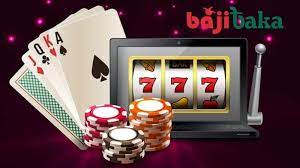Casinos have long been an emblem of excitement, glamour, and the thrill of chance. From their historical roots to their modern-day digital incarnations, kapuas88 continue to captivate millions worldwide. This article delves into the history, cultural impact, economic significance, and the future of casinos.
Historical Roots
The concept of gambling dates back thousands of years, with the earliest forms involving dice games in ancient Mesopotamia around 3000 BC. The word “casino” originates from the Italian term “casa,” meaning a small house, which referred to buildings meant for leisure activities, including gambling. The first official gambling house, Ridotto, opened in Venice in 1638, providing a regulated environment for gambling.
The Rise of Modern Casinos
The 19th and 20th centuries saw the rise of prominent gambling hubs. Monte Carlo, Monaco, became synonymous with high-stakes gambling and elegance. In the United States, Las Vegas emerged in the mid-20th century as a desert oasis dedicated to entertainment and gambling, thanks to the investments by influential figures like Bugsy Siegel. Las Vegas’s success inspired other cities like Atlantic City and Macau to develop their own casino industries.
Cultural Impact
Casinos have permeated popular culture, often depicted in movies, literature, and music as symbols of risk, wealth, and luxury. Iconic films like “Casino” and “Ocean’s Eleven” showcase the intrigue and drama associated with gambling. Beyond entertainment, casinos often reflect broader societal themes, such as the quest for wealth and the consequences of vice.
Economic Significance
Casinos play a crucial role in the economy by generating significant revenue through gambling, hospitality, and entertainment. They create jobs, stimulate tourism, and contribute to local and national economies through taxes and other forms of revenue. For instance, Las Vegas’s casino industry is a major economic driver, attracting millions of tourists annually.


